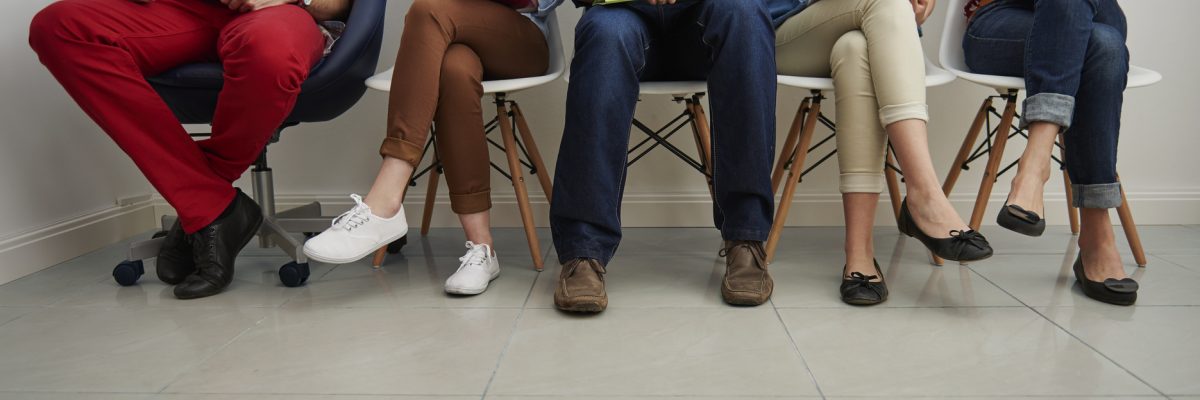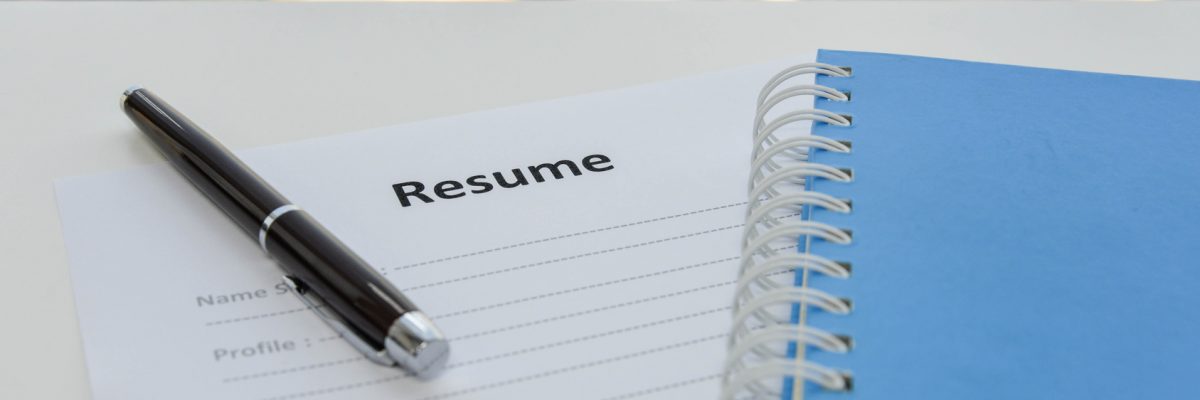Interview Tips

Interview tips
What employers are looking for in an interview
Employers are looking for people who present themselves well. This means their dress standard is neat and tidy and appropriate, they shake hands, they make eye contact, they listen intently, and speak clearly and confidently. They expand on their answers rather than answering with only yes or no, they ask appropriate questions, they’ve taken an interest in the company as they’ve researched it, and they are there because they want the job.
If you’re applying for a job that’s been advertised, there will be at least 50 other people who will be applying for the same position, so it’s really important to have an impressive resume. Your resume must be detailed, yet straight to the point and not too long. Remember the potential employer will be reading through a significant amount of resumes, so you need to grab their attention.
Your resume should be in this order:
- Your name, contact details and address. There's no need to include information about whether you’re married or have children. Adding your date of birth is optional..
- Your profile, a brief summary of what experience and skills you have and what you are looking for in a job. For example, if the position is administration work, the profile would be: A competent and disciplined administrator with over 12 years' experience in the small business sector, I am now looking for additional hours each week. I am a loyal and hardworking person with integrity and an excellent work ethic. I am thorough and have confidence in my abilities.
- A list of your skills, e.g. Advance knowledge in Word and Excel, forklift licence, police check. Also include any recent (within the year) courses that you have done that are relevant to the job position.
- Your job history must be in chronological order, most recent to last. Employers are most interested in what you have done in the last couple of years, not 15 years ago. Employers may only read the first two pages of a resume, so if your recent job history is on the fourth page it won't get read.
- Education qualifications, once again in chronological order, most recent to last.
- Interests and hobbies.
- References, at least three. This can be a mixture of professional and personal references. Ensure, though, that there are more professional references than personal. It’s important that you contact the references and ask them if they will be provide information on your behalf. If they say no, don’t put them down. I rang a referee once and she said “I told her not to put me down as a reference as I don’t have anything nice to say”. You don’t want that happening to you.
Your cover letter should be a summary of why you would like this job and what skills you can bring to the position. It should be written as a proper letter. Your address first, then date, then the employer's name, company and address.
123 Alphabet St
MT BARKER SA 5251
4th June 2017
Janette Size
HILLS STAFF
PO Box 445
MT BARKER SA 5251
Dear Janette
Mention the job you are applying for and where you saw it advertised and the date.
Eg: I wish to apply for the receptionist position that was advertised in The Courier on Wednesday 29th May 2017.
Summarise why you would like this job, what skills you can bring to this position and what you can offer the employer.
Sign the letter off with
I am available at your convenience for an interview and I look forward to hearing from you soon.
Yours sincerely Jo Bloggs
You need to put your best foot forward
You’ve applied for the job and you’ve been short listed, so your resume has impressed them and stood out from many others. Now you have to impress them at the interview.
Here is what you can do to present yourself in the best way for an interview:
- Make a list of the skills, knowledge, professional and personal qualities that are required by the employer. Next to that list write down your skills, abilities, experience, professional qualifications and computer experience that apply to the job requirements. Review your lists prior to the interview. This way, you’ll be ready to answer the job-specific questions that you’ll be asked.
- Research the company by Googling them. It’s important to find out as much as you can about the company as it will prepare you to answer the interview questions as well as ask the interviewer questions. If it’s a local company, ask your friends if they know of them or if they know anyone who has worked there. It will show the potential employer that you have done your 'homework' and you’re genuinely interested.
- You only need to take yourself and your credentials to the interview (your resume, your certificates, especially if they are relevant to the position, i.e., forklift licence, HC licence, police clearance, first aid and others, and your questions for the interviewer). Ensure your mobile is turned off or leave it in the car. Also, there is no need to take a cup of coffee or any other drink, and don’t chew gum.
- It’s important to know where you are going for the interview. If you are unsure where it is or how to get there, do a test run the day before. You don’t want to go into the interview stressed and late because you got lost. It’s a good idea to arrive a little early for the interview, which is definitely better than being late. Remember to greet the receptionist, the interviewer and anyone else you might meet politely and pleasantly. Remember to smile (it’s easy to forget if you are really nervous).
- Presentation is of the utmost importance. The first impression you make on a potential employer is the most important one. They will be judging you on how you look and what you are wearing. You don’t have to spend a lot of money to look good. Guys – black pants, collared shirt and a tie. Yes, a tie!Add a jacket if you have one, depending on the weather. If you have a suit, even better. Wear dress shoes, not sneakers or work boots. Girls – a nice skirt and a nice shirt, preferably one with a collar, or a suitable dress. You don’t have to wear a skirt or dress if that’s not your style. Alternatively, you can’t beat a nice pair of black slacks and a collared shirt or dress shirt. Wear dress shoes, which can be flat, small heeled or high heels. If you don’t normally wear high heels, don’t wear them to an interview as you will feel uncomfortable. You need to present yourself as neat and tidy and well-groomed. Make sure your hair is washed, combed and/or styled. Fingernails and hands and face need to be clean. Guys – if you have a beard, ensure it is neatly trimmed. Girls – you don’t have to wear makeup if you don’t normally wear it or don’t want to.
- I once had a young lady come for an interview who was wearing jeans, ballet flats, a crochet see-through top with a tank top underneath. Her hair was shoved up in a pony tail and she apologised for being late as she was hungover! Needless to say, she didn’t get the job. I can’t stress enough how important it is to look your best, no matter what job you are going for. Take pride in your appearance.
- During the interview, remember your body language – shake hands firmly and make eye contact with the interviewer. If there is more than one interviewer, then make eye contact with the one who is speaking. When you answer the speaker, look at him or her as well as the others. Relax and lean forward a little, towards the interviewer, so you appear interested and engaged. Don’t slump or lean back in your chair as this may look too casual. Pay attention, be attentive and LISTEN. If you’re not paying attention, you’re not going to be able to give a good response. If you don’t understand a question, then ask them to explain it. It's better to do this than answer something you don’t understand. When you answer the questions, answer them properly, not just yes and no…expand on your answers. If you can give an example, then give them an example. Try not to umm and ahh too much, I know it's very hard when you are nervous. Speak clearly and concisely. Don’t rush, take a few seconds to think about your answer if you need to. In one interview I had a man sit about two metres from my desk, with his arms crossed and only answered my questions with a few words with no expansion on his information. It was like pulling teeth. Another interviewee didn’t look at me once!
- Have your questions ready to ask the interviewer. You don’t necessarily have to wait until the end to ask your questions, e.g. one of your questions might relate to a question they have asked you and now would be a good time to ask yours. You need to engage the interviewer, you want there to be a give and take type of conversation, so you’re building a relationship with them, rather than just giving responses to their questions and then waiting for the end to ask your questions.
- At the conclusion of the interview, thank the interviewer for their time (remember you have been given the opportunity of an interview). Let them know that you think the job is an excellent fit for you and you are genuinely interested. Shake hands firmly and remember to make eye contact. If there are several people with similar resumes being interviewed, it will come down to the interview and their impression of you, how you present yourself, how you handle yourself, how you listen in the interview, how you answer the questions and what questions you ask.
You need to put your best self forward.
A really good website that will give you great tips on interviews, as well as many other employment-related topics is www.jobsearch.about.com
